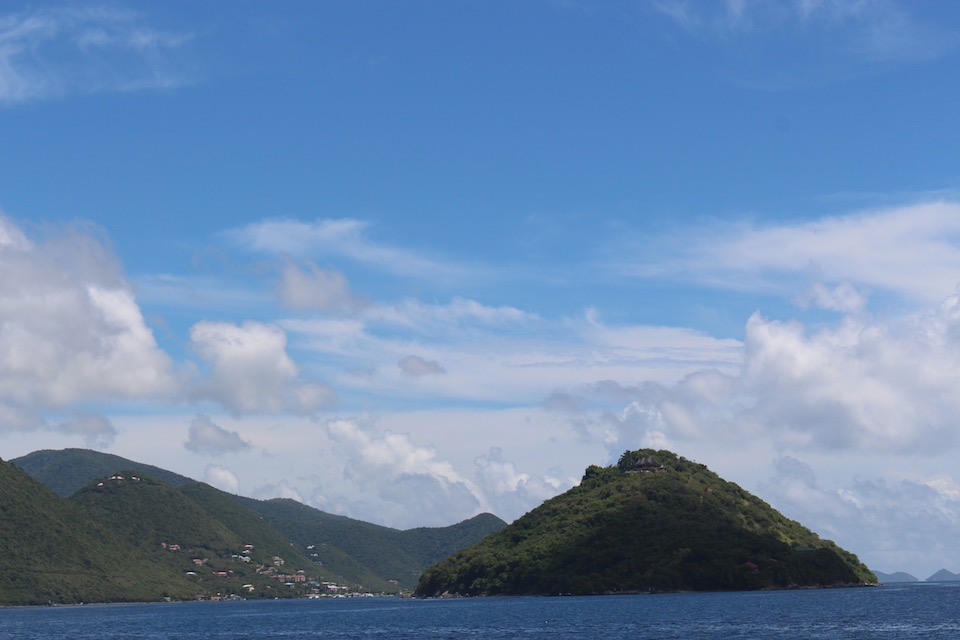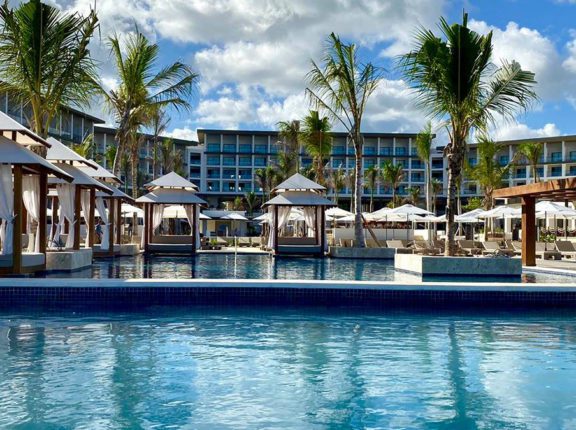By Kareem Yarde
Op-Ed Contributor
“Graduates, go change your world!”
That was final source of ignition which honorary graduate of the University of the West Indies Cave Hill campus Dr Pamela Coke Hamilton left with this year’s graduating class of the campus. A fairly recent alumnus of the campus myself, though I had always believed in that philosophy, the mere utterance of those words made me tense with excitement about the opportunities which abound and the future we can build for ourselves as a region.
With that renewed call for us to chart our own destiny I thought it pertinent to raise the following vision, especially given that the CTO State of the Industry Conference just concluded in Curacao.
It is no secret that in our tourism-dependent region, with practically all of our destinations, route development funding (RDF) has long been par for the course in attempts to attract international carriers.
Simply put, RDF is a means for airlines to say that the particular destination must provide an incentive by way of public funding to that airline to “assist” the airline to develop a new air link with that destination. This is often the case with routes where demand is perceived not to be significant.
However, I propose that we need to take a critical look at our RDF models and move towards a more evenly balanced cooperation and partnership between the airlines and the destination marketing or marketing and management organisations (DMMO or DMO), whichever is in place. Granted, some type of cooperation with international carriers is necessary given the characteristics of our destinations.
Our populations are small; demand on the return trips may be unevenly balanced because of low propensity for travel in the destination; the limited throughput in our airports can be used as an argument for disproportionately set airport user fees; even if a regional hub is in place, inter line agreements between international and regional carriers are not present or the regional carriers are facing inefficiencies and so on. Therefore, cooperation with international carriers is unequivocal, the question here though is one of sustaining this funding.
For it is also an open secret that some governments in the Caribbean are indebted to international carriers for RDF, and an even more open secret regards the threat and action taken by carriers to relocate their aircraft to higher yielding markets.
Naturally, when one really thinks about it, though subsidization — especially in the form of minimum revenue guarantees (governments guaranteeing certain revenues by the airline for the route) — provides short term relief, I would argue it is somewhat to the detriment of aircraft utiliation from the airline perspective and for developing a sustainable commercial route from the perspective of destinations in our region.
From an airline perspective, in a very basic argument, minimum revenue guarantees often will not result in the highest yields from customers for the airline so it would be more beneficial if the aircraft is in a higher yielding market.
Revenue guarantees can also arguably make an airline lazy because they have no incentive to increase performance on the route because revenue to cover cost is ‘guaranteed’! Also, from our perspective as destinations it could get us trapped in a perpetual loop of subsidization.
As predominantly leisure destinations air transportation costs can literally make or break a sale for us and if it the pricing was an artificially low fare as a result of the subsidy which attracted wide demand onto the route in the first place, when the fare goes up because the subsidy is lost demand will fall which will increase the fare for the remaining passengers and so on.
Granted, it is not as easy to say that is the end of that argument because there are some destinations whose products are tailored to higher yielding customers and who this price discrimination could actually benefit. Very carefully consider though that this argument is not to proclaim that RDF is useless or has no place in our region. The argument here however is that our approach to route development has arguably led us into a system whereby 1.) airlines to the region expect RDF as a pre-condition to the provision of their service, and 2.) some of the routes are not being developed to be viably weaned off of the subsidy often resulting in a loss of the service.
In response, I propose that our DMOs or DMMOs focus less on direct subsidy provision and more on generating more purposeful partnerships with airlines through cooperative marketing. For those critics who will be quick to lash out to proclaim “this already happens”, hear me out.
All I am proposing here is as opposed to us readily capitulating to airlines for route development funding, let us be quicker instead to say to the airlines, we will offer less direct route subsidies and instead we will go out into the new market with you, stand alongside you and commit our resources to sharing cost and marketing this destination with you and generating demand that is sustainable and viable.
Put greater attention into promotions like the Westjet and Barbados Tourism Authority Valentine ’s Day promotion. That is where genuine sustainable demand comes from, not excessive revenue guarantees.
For all that I have outlined prior, this approach can only be to the betterment of both the airlines and our small destinations. To those who dismiss this and argue “this will never happen”, I staunchly propose it is your unwillingness to stand unreservedly and challenge the system which results in its failure.
To end where I began, I believe we are losing sight of the capacity within our tourism industries, and in all fairness the competition is ever increasing. Developed countries, new and emerging destinations- the whole world is seeing the potential of tourism and hinging greater portions of their futures upon it. Therefore, to remain relevant we are grasping as a region to hold on to whatever we can.
Moreover, our regional tourism product can be argued to be a generally homogenous leisure market with all destinations being regionally connected (whether efficiently or not) and most with reputable levels of bed nights available. Therefore, because we have no structured region wide route subsidy systems, do not be surprised to hear that airlines might play destinations against each other for better deals.
All I am proposing here is, our regional economies are challenged, our resources are strained, should this not be an impetus for us to our international routes in a more sustainable manner?
As I always say, air transport is never a quick fix issue, but this is just some food for thought.
Kareem Yarde is the Founder and Creative Strategist of Tourism Analytical Services. He can be reached at kareemyarde@gmail.com.







